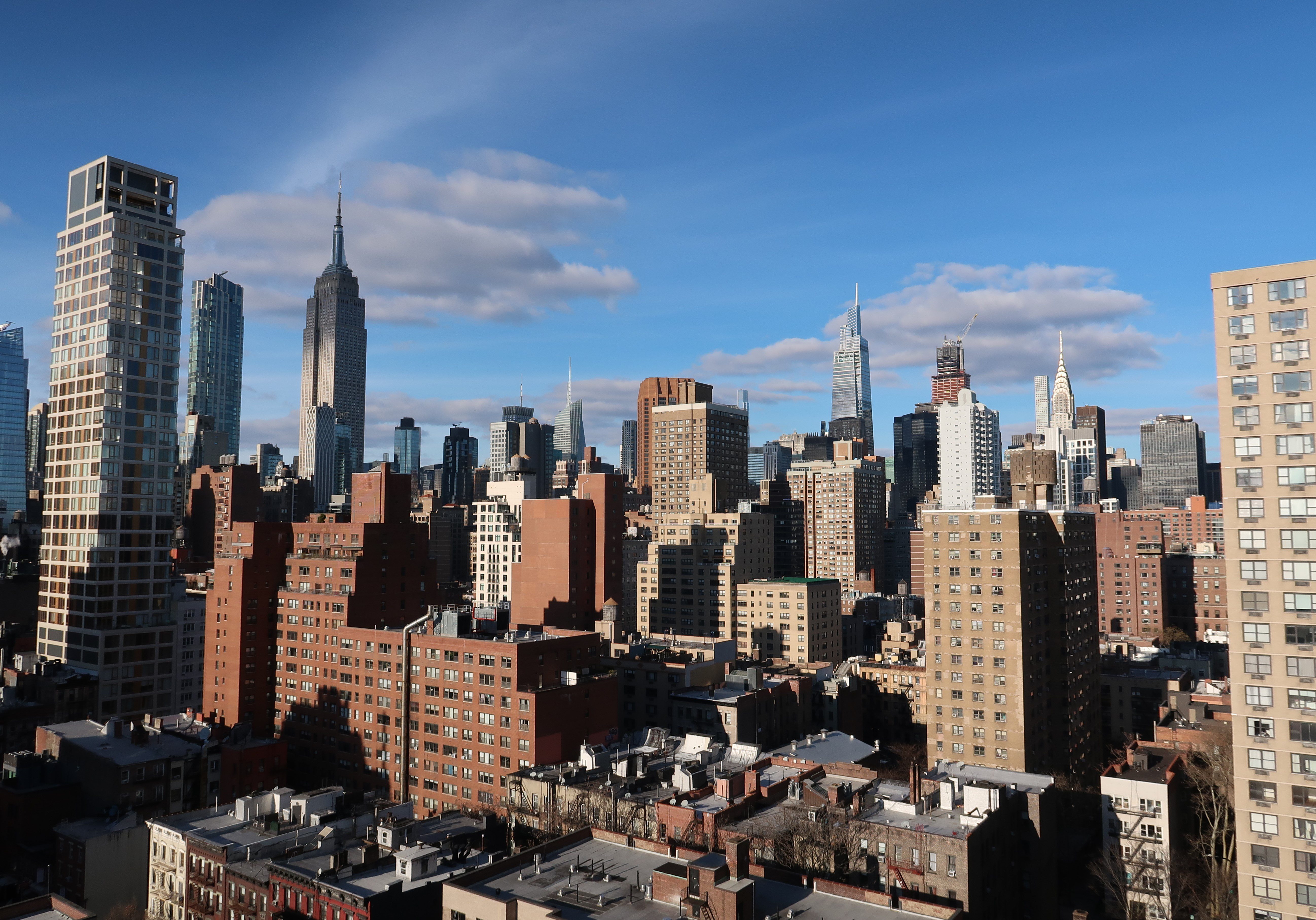Village of Northport Streamlines Permits for Alternative Energy
The Village of Northport trustees passed two resolutions in June to make it easier and cheaper for residents to use alternative forms of energy.
The resolutions streamline the permit process and eliminate application fees for installing electric vehicle charging stations and small-scale solar panels. Officials want to support residents’ efforts to reduce greenhouse gases and to save money by using alternative sources of energy.
In the past, solar panel approval could take up to six months. With the new expedited procedures, applicants who wish install a new photovoltaic system can expect a decision within 14 business days.
Expedited approval requires residents to use contractors on Long Island Power Authority’s (LIPA) prescreened list and equipment that is certified to meet efficiency and longevity standards.
The village’s second resolution allows vehicle charging stations to be installed on any local property, regardless of zoning. One station will be allowed per parcel, and standard structure setback restrictions still apply.
Zoning Changes in Bayville to Allow Apartments in Business Districts
In June 2015, Bayville trustees approved zoning code changes that allow four-unit apartment buildings in village business districts.
Hundreds of residents turned out at the April 27 public hearing to speak out against the measure, and managed to get the vote tabled until June. Over 400 residents attended the June meeting as well, overwhelmingly to protest the zoning changes. Nevertheless, the changes passed at the end of the four-hour meeting.
Mayor Paul Rupp expects the changes to “boost local businesses by reducing and eliminating blight while simultaneously attracting young professionals to Bayville.” According to Rupp, about 40% of Bayville’s commercial properties are vacant, underdeveloped or in need of repairs. Multiunit apartment buildings will still require special use permits, subject to board approval, and such permits cannot be issued to other properties with a special use permit within 250 feet.
Residents object to a perceived lack of transparency in the process and fears that the change will adversely affect quality of life.
According to the new rules, ground-floor apartments of up to four units are now allowed in business districts. The distance required between residential buildings and those with special use permits has been reduced from 250 feet to 50 feet.
For more information on these topics, please contact the Long Island office of Milrose Consultants.








